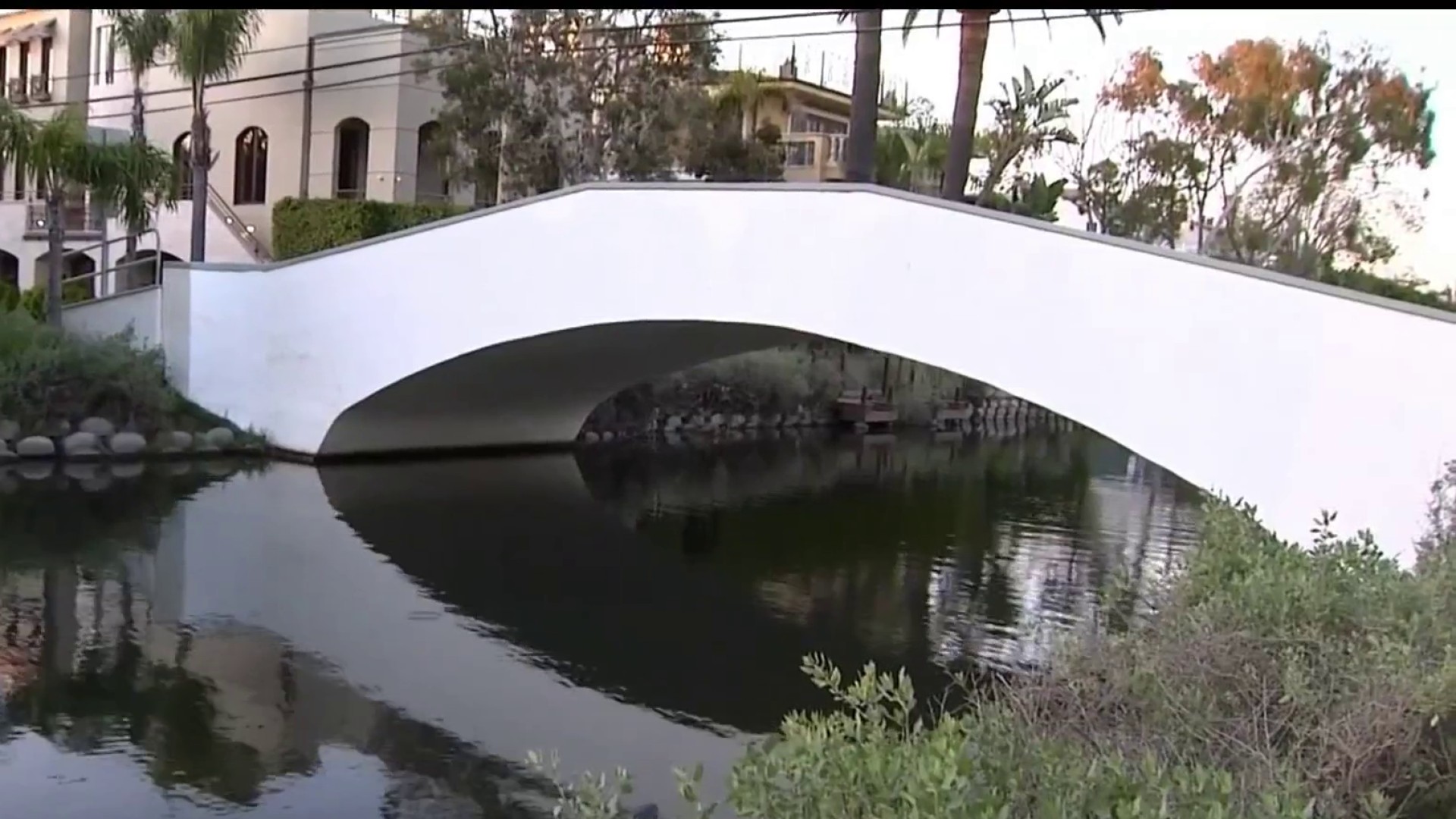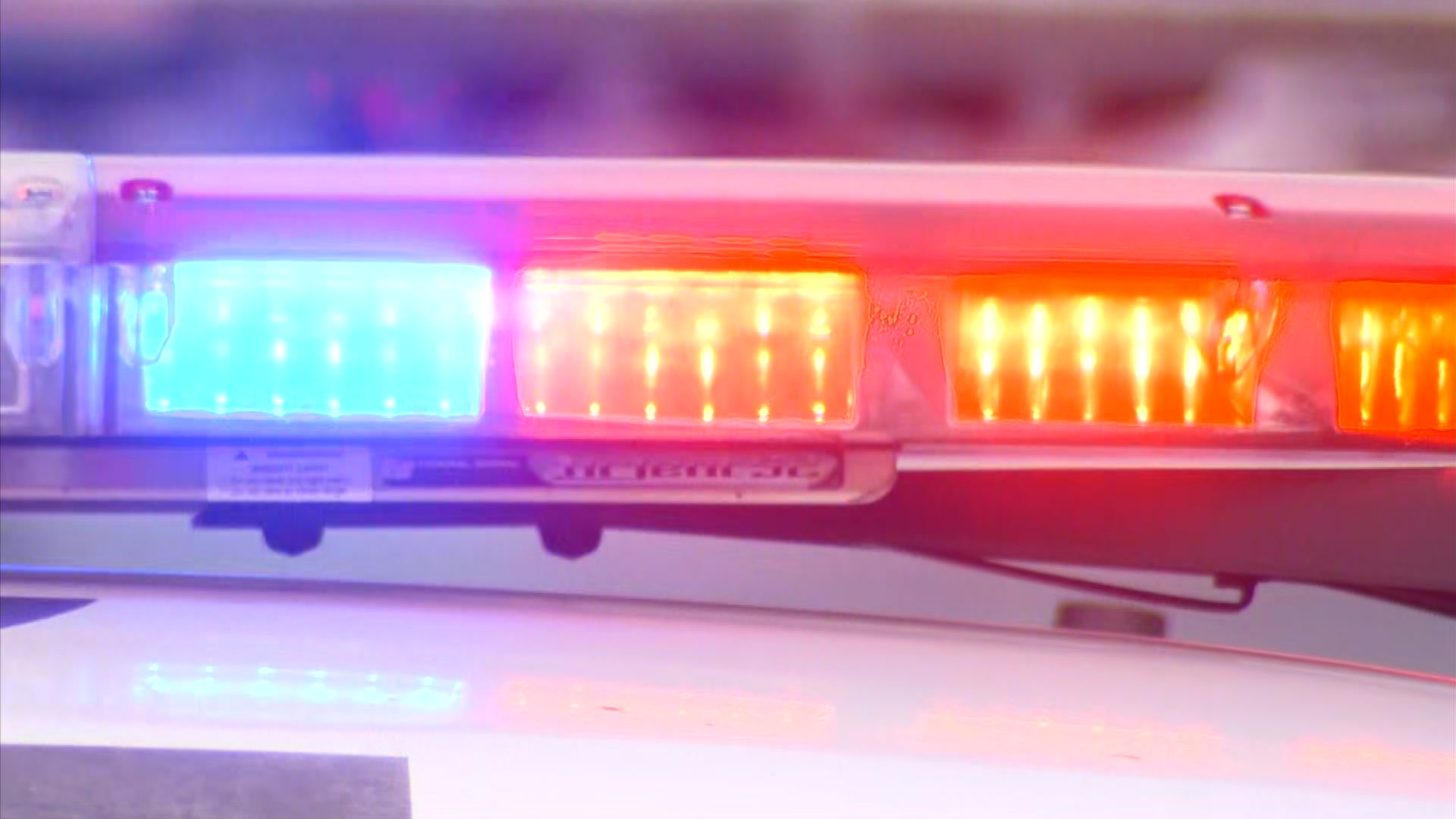Former California Angels third baseman Doug DeCinces talked his way out of prison Monday for his part in an insider trading scheme.
U.S. District Judge Andrew Guilford said he was considering prison time for DeCinces Monday, but changed his mind after hearing from the retired infielder.
Guilford instead handed down a one-day sentence, but DeCinces has credit for that amount of time served so will not have to do any more time behind bars.
Guilford fined him $10,000 and ordered the defendant to spend eight months in home confinement as part of his two years of supervised release.
DeCinces, 68, of Newport Beach, was convicted in May 2017, but later agreed to help federal prosecutors in their case against James V. Mazzo, a friend from Laguna Beach, whose two trials ended with mistrials when jurors deadlocked, eventually prompting prosecutors to dump the case against Mazzo in December.
In Mazzo's first trial the jury was 9-3 for guilt, and in his second trial most of the verdicts were 10-2 acquittal.
Guilford noted it was 13-11 for acquittal in two trials.
News
Top news of the day
Guilford said earlier Monday he considered a short prison term for DeCinces "to help you sort things out and to plot a path back, but you convinced me you don't need that."
Guilford added, "You're a good man who made a mistake... I wish you the best."
Guilford noted that he has never received so many letters of support from friends and family.
One of those letters was from Tim Mead, the former head of Angels public relations who was just hired to be the Baseball Hall of Fame president.
Former teammate and Hall of Famer Rod Carew also appealed for leniency on Monday.
He told the judge he decided against reading from prepared remarks so it would sound more sincere.
Carew said the two refer to each other as "pally," and he joked that the original plan was to have four speakers in court on Monday, but he talked them out of it because he was not used to batting fourth.
Carew said that while he was recovering from his "massive heart attack" two and a half years ago, only two people from the Angels came to visit him in the hospital -- DeCinces and Mead.
Carew recalled how he would wake up some mornings to see his close friend at his bedside already.
"I'm happy to say I have three friends I can count on one hand -- God is number one, my wife is number two and pally Doug is number three," Carew said.
Carew said he has never before publicly admitted it, but after his heart attack and a heart transplant, he added, "I thought of suicide... But I thought I would let a lot of people down, especially this one to my life" as he pointed to DeCinces. DeCinces often called Carew to check up on him during his recuperation and encouraged him to get more involved in charity work.
Former Orange County Supervisor William G. Steiner told Guilford how DeCinces' visit to the Orangewood Children's Home led the ballplayer to open his wallet and heart to the children's shelter.
"By Christmas that year he quietly gave me a check to buy the kids presents," Steiner said, adding that the following year began a tradition of DeCinces taking his children to the shelter for the holidays to learn the value of giving.
Steiner also recalled how soon after he got elected to the board he struggled with the Orange County bankruptcy.
Steiner said he considered quitting until he got a pep talk from DeCinces.
"He told me I had to be strong and not walk away," Steiner said. "Whatever the current circumstances, I know Doug DeCinces to be a man who possesses great character, compassion, sensitivity, loyalty, dedication and again, faith," Mead wrote in a letter to the judge.
"Aside from long-time fans who remember Doug's contributions during his time as a player here, there are far many more who have felt the impact of his philanthropic efforts through the years."
DeCinces told Guilford, "If I could change my actions I would have done it because I knew it was wrong."
DeCinces said he has spent years "beating myself up" over his crimes.
"For the past 10 years it's been a nightmare to me and my family," DeCinces said of the ignominy and bad public relations.
"It's all my responsibility for the poor choices I made," DeCinces said.
DeCinces noted that, "I tried to make it right" by settling his case with the Securities Exchange Commission.
In all he has paid $2.5 million in fines and giving up his profits.
"After 10 years of punishment and regret I thank you for this opportunity to express my true regret and remorse," DeCinces said.
During Mazzo's second trial DeCinces said he faced five years in prison, but he added prosecutors agreed to request only two years behind bars in exchange for his help prosecuting Mazzo.
DeCinces said he had been advised by a stock broker in 2008 to buy more stock in Mazzo's company, Advanced Medical Optics Inc., because of a planned debt-restructuring that Mazzo had discussed that would save the company about $90 million.
DeCinces testified that he bought 3,500 shares in the company based on the broker's advice, then talked to Mazzo about the restructuring plans, prompting him to buy more than 11,000 additional shares in the ensuing days.
Prosecutors contended that Mazzo tipped off DeCinces in January 2009 about the planned sale of Advanced Medical Optics to Abbott Laboratories.
DeCinces said his stockbroker advised him to sell his shares, and he collected more than $1 million in profits.
Mazzo's attorneys denied that he gave DeCinces any tips about the Santa Ana-based eye care company, noting during DeCinces' testimony that the former baseball player had repeatedly denied receiving any inside information from his former neighbor.
Mazzo agreed in December to pay a $1.5 million fine to settle his civil case with the Securities Exchange Commission.
DeCinces paid $1.1 million to settle his SEC case.
"Since trial, and even after testifying, defendant's health has suffered..." prosecutors said in a sentencing brief filed Aug. 1.
DeCinces suffers from "several serious medical disorders, suffers from depression and anxiety," according to federal prosecutors, who argued he also deserves credit for "extensive charity work and serving in the National Guard."



